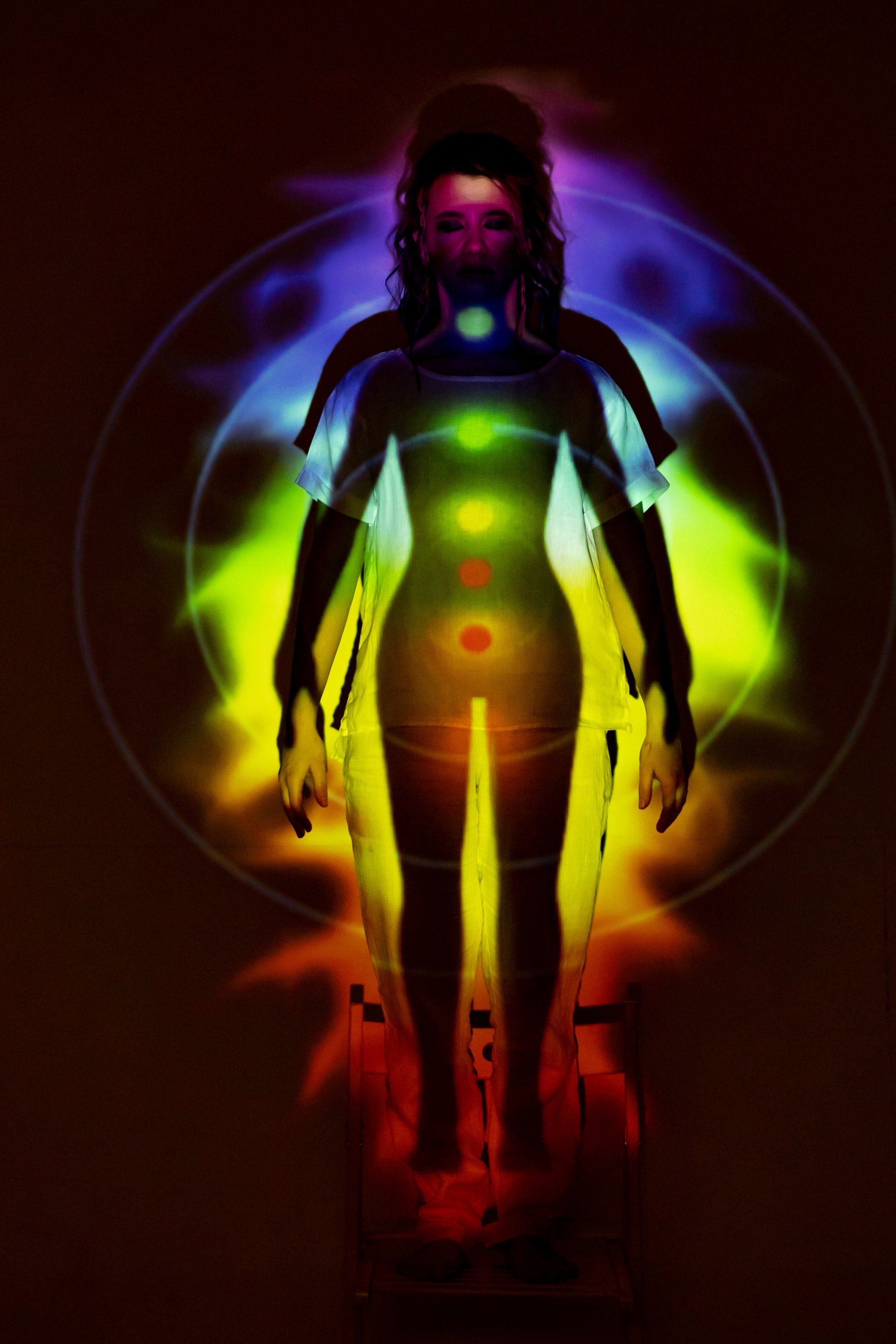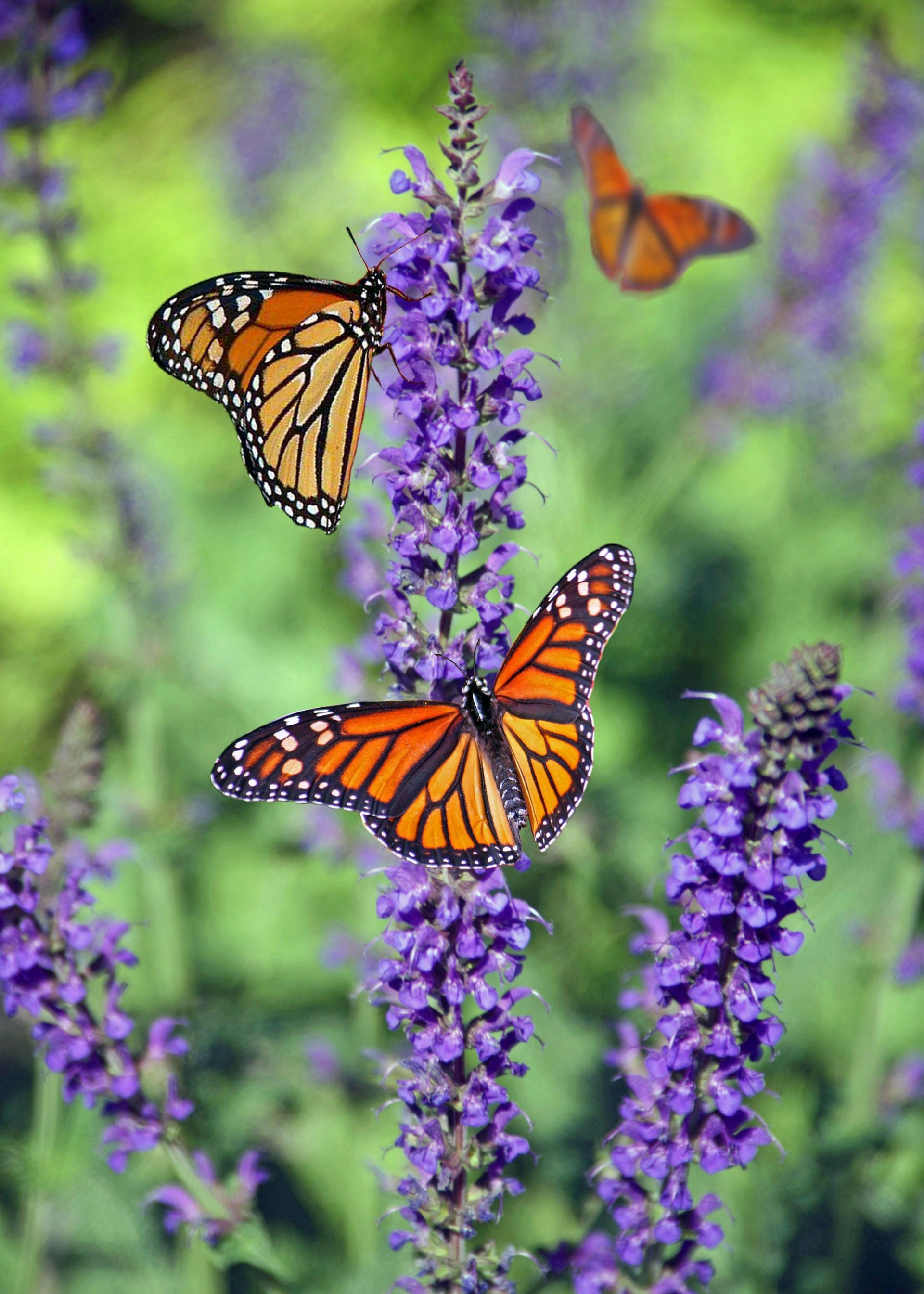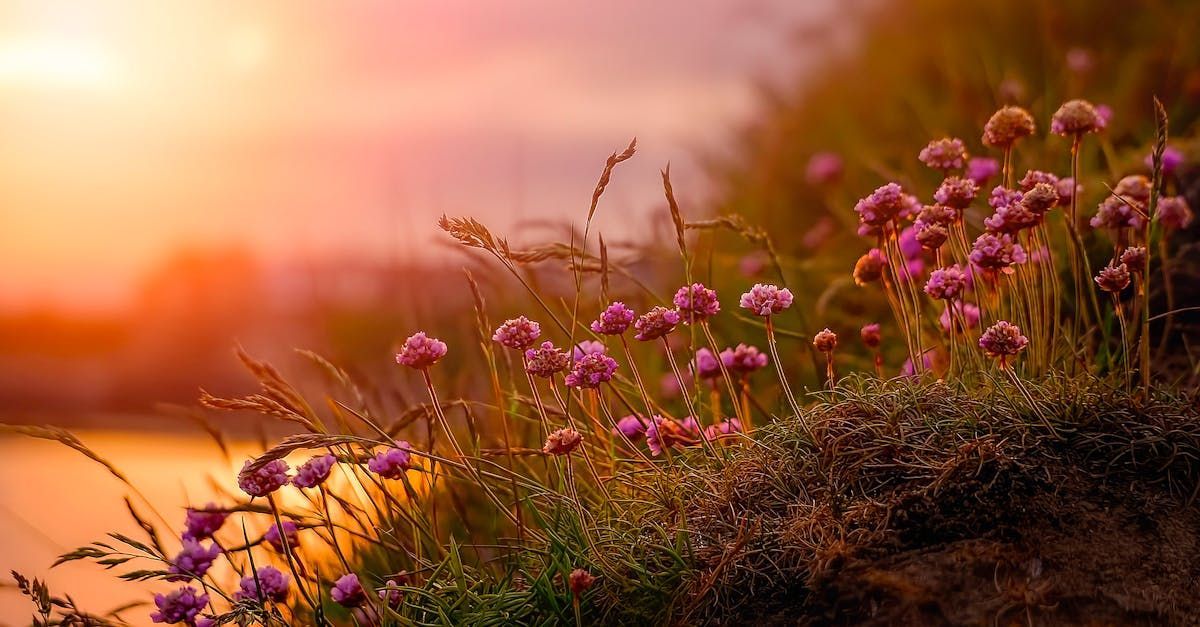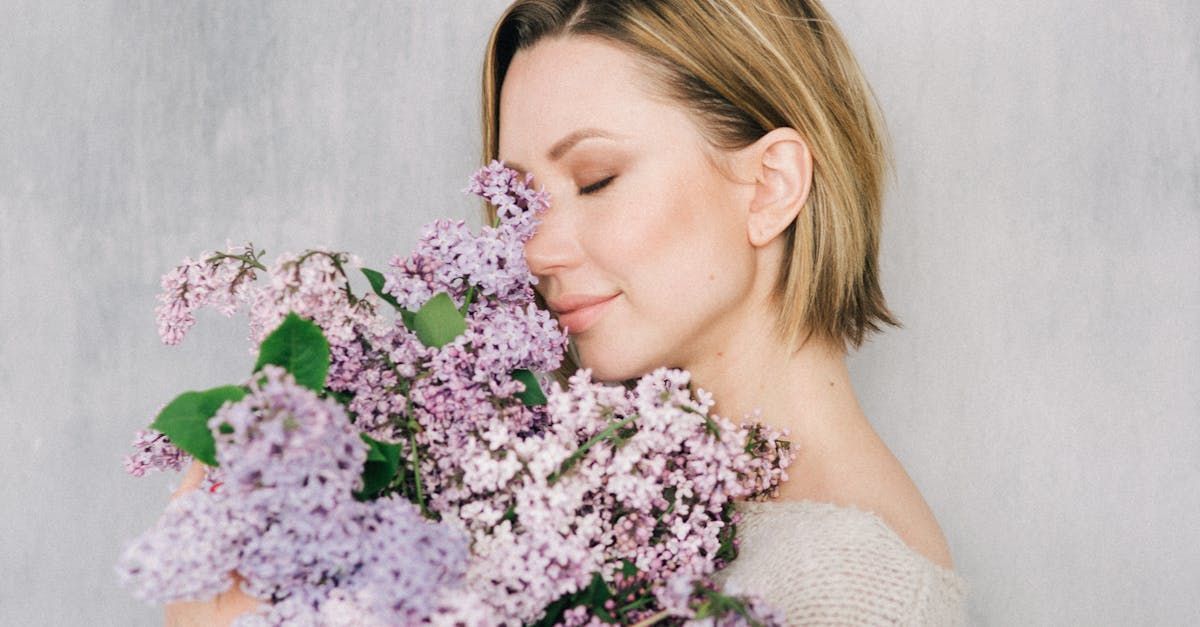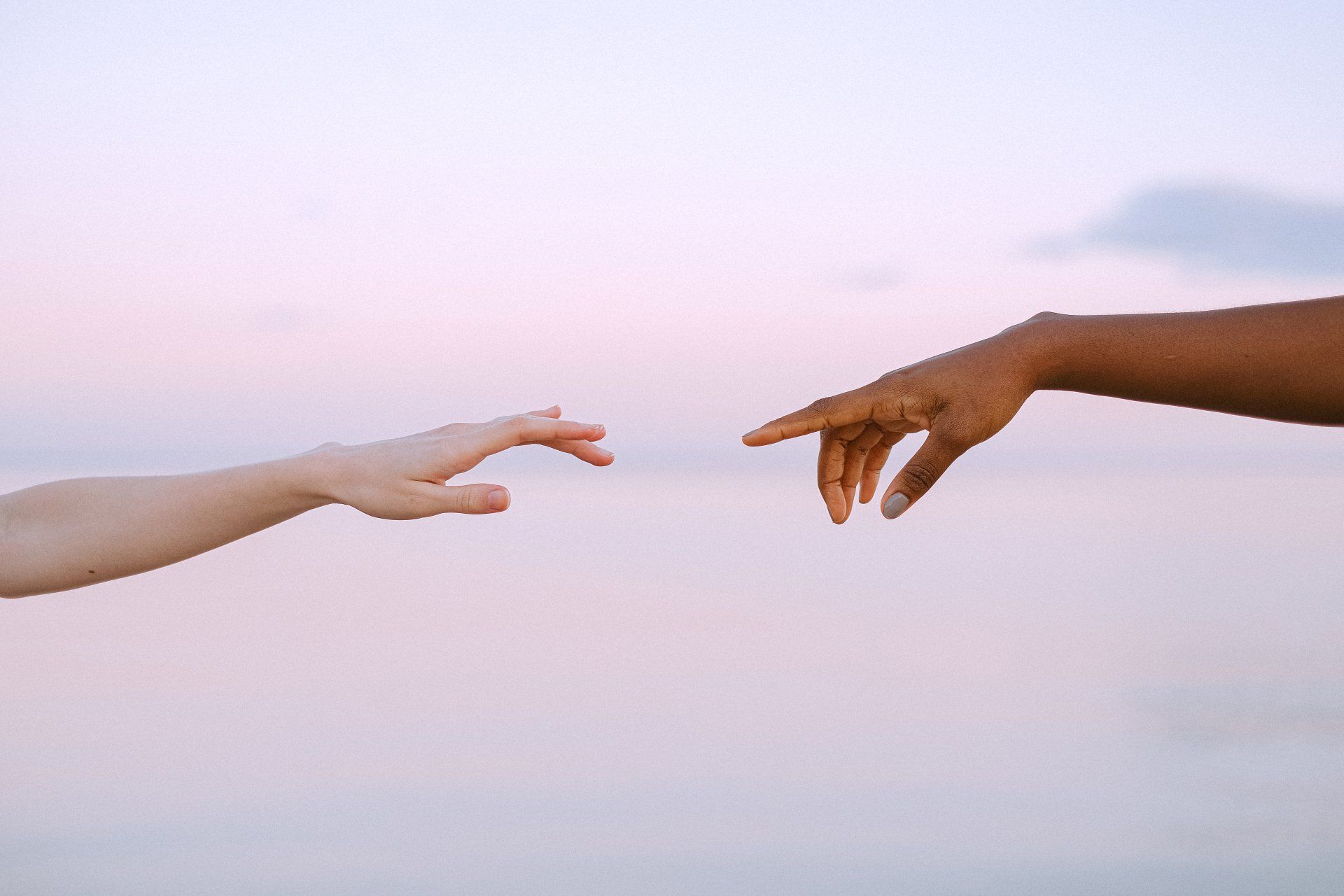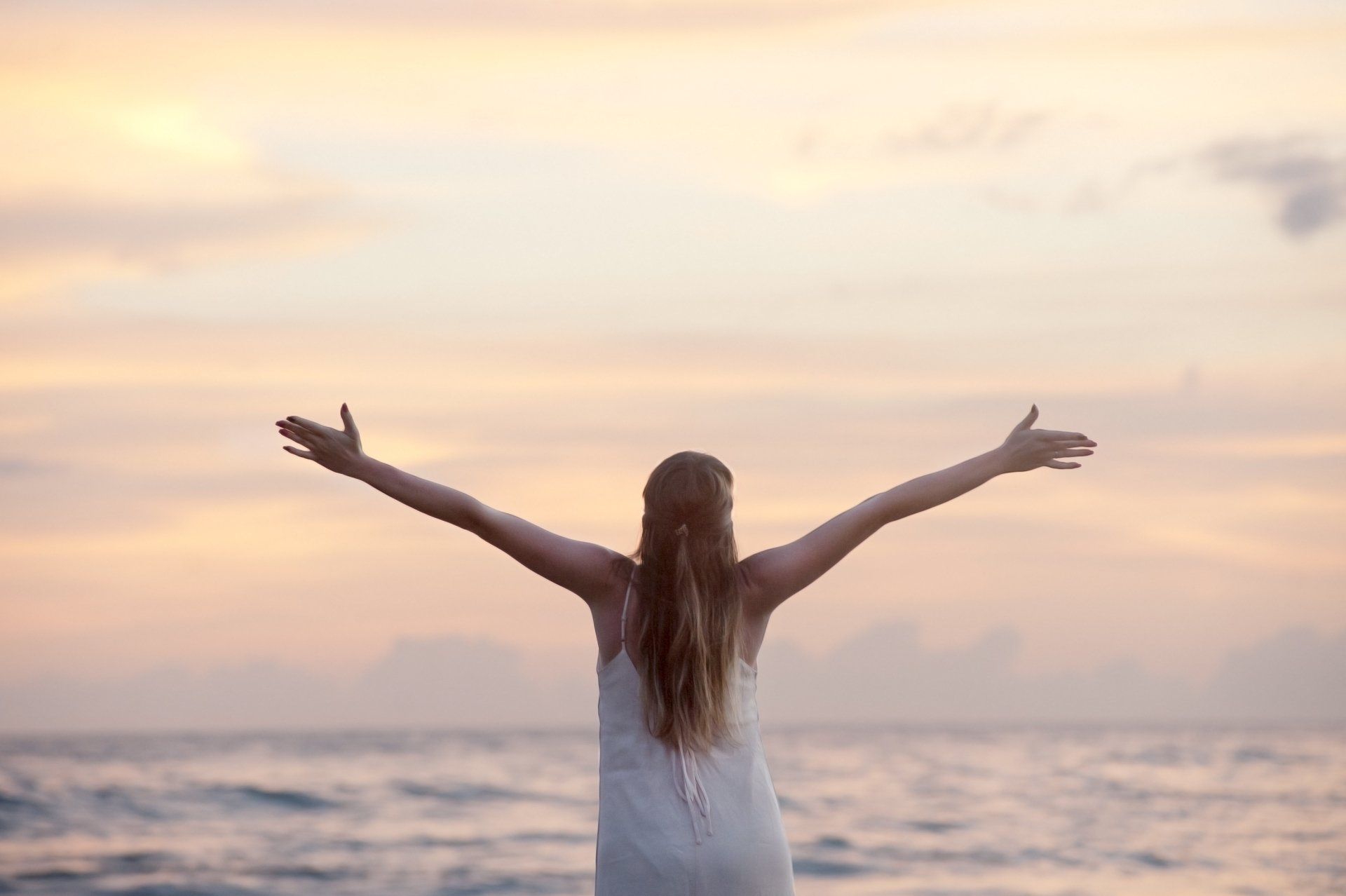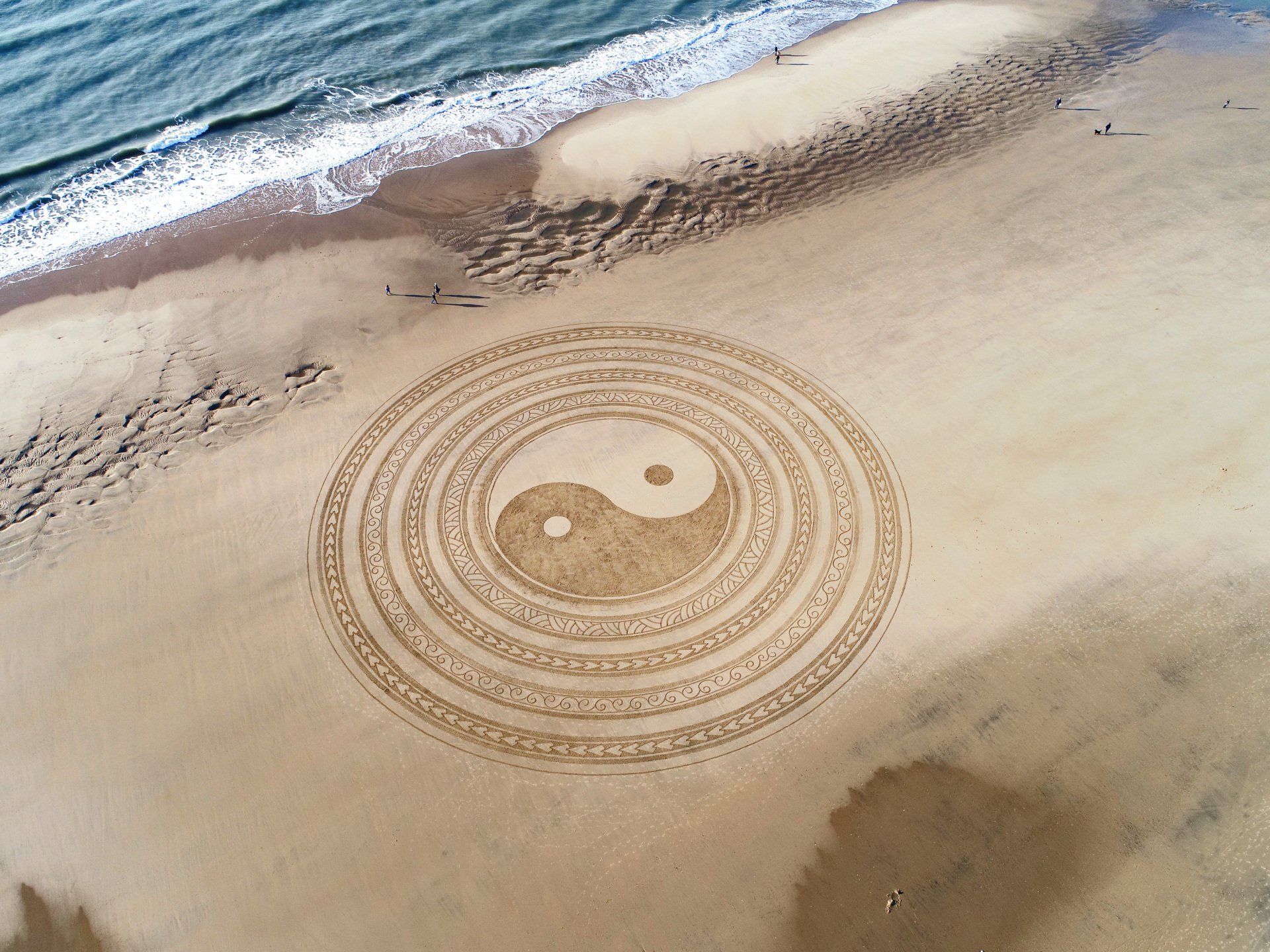Friendship
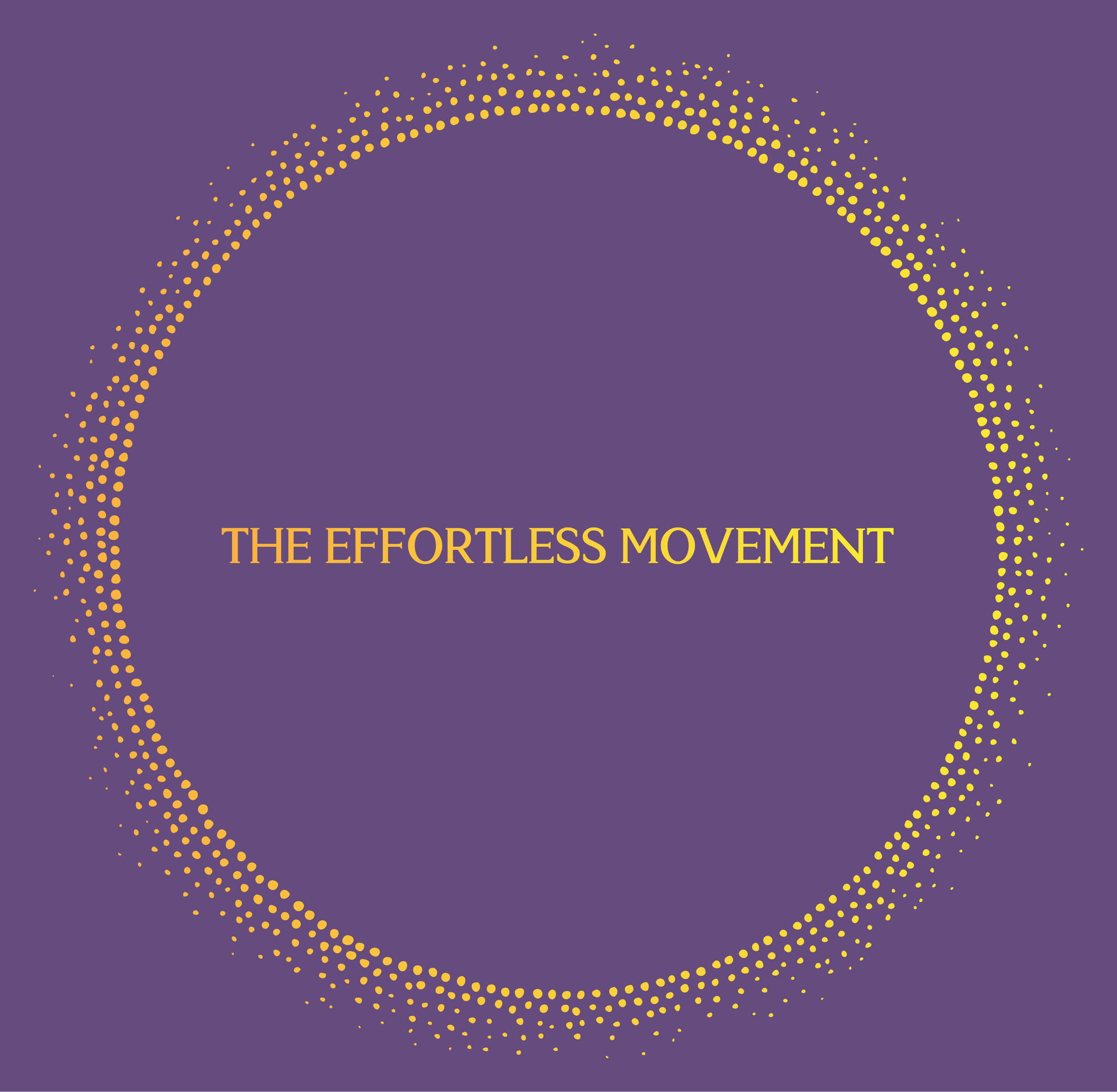
What is friendship?
Oke, what does friendship actually mean? That was a question that frequently crossed my mind. With whom can I be friends?
Nowadays, I look at the subject of "friendship" differently. For me, friendship is a loving bond. It's a relationship you can form with anyone. A relationship without expectations, social pressure, or complicated rules. A bond where boundaries are natural, without judgment. Where you can be fully yourself, your true self.
I only wish to engage in friendships that are equal and healthy. Friendships in which I don't have to struggle alone and where I don't have to force myself to maintain the friendship by myself. Especially the feeling that a friendship effortlessly endures, where mutual respect and setting boundaries are fully natural. I now feel suffocated if a friendship is not mutual. Because then I'm not honest with myself, as I try to maintain such a friendship. It now drains me of energy, whereas I wasn't aware of it before. I was constantly trying to bridge the gaps in a friendship, just to give myself a good feeling, which was unfair to myself. If a friendship doesn't feel right, it's better to let it go.
Why do we label a friendship as "best" friend?
In my youth, I was bullied a lot, both at school and in the neighborhood. This made it almost impossible for me to make friends, especially a "best" friend.
While most around me had a "best" friend, that wasn't the case for me. Friendships changed regularly due to disagreements and jealousy. Yet as a child, I also longed for such a close bond, someone to play with, to have adventures with, just to have fun. Having almost no friends made me feel like I didn't belong anywhere. This made me feel lonely and excluded because it was difficult to form a close friendship. Not receiving invitations to birthday parties or simply not being asked to play and eat lunch with someone only reinforced this feeling. I felt invisible, as if I wasn't good enough to be friends with.
Often, we have an idea of what a close friendship should look like, but sometimes we don't want to admit when it's not healthy. This is also how it's perceived in society, where there's a certain unwritten social pressure. From a young age, we're shaped by this system; at home, on the street, at school, during sports, basically everywhere. We grow up with certain expectations, judgments, and conditionings that influence our view on friendships.
For me, this way of thinking lies in the past. What I nowadays wonder is: what does the label "best" for a friend actually mean? Sometimes it seems more like a label than a real meaning. As if there's an unwritten rule that you're only truly connected and "must" do things together if you're "besties". But does a close friendship always mean that you have to label each other as "best friends"? I don't believe that striving to be "best friends" should be a goal in itself; the close bond arises naturally when there's space for it. Yet it's ingrained in us from a very young age. If you don't have a best friend, it seems like something is wrong with you, and you might even be told that you need to work on it. As if the absence of a best friend will affect the rest of your life.
Why do we experience social pressure?
Very simple, you long for inclusion. You also want to be part of society because otherwise, you feel different from others, in other words, excluded and alone, which is not fun at all!
That's the motivation to comply with the unwritten rules of society. As long as we collectively don't bring about change in this, it will continue to affect the next generations. With the rise of social media, it's only getting more complicated. This makes the need to break free from it even more crucial.
With this way of thinking, I conclude that having a "best" friend is unimportant. Over the past year, I've had to work hard on this, accepting and letting go. Feeling alone wasn't pleasant, but unfortunately, I had to go through it. Especially at that moment, I actually longed for best friendships, if only I could avoid the feeling of being alone. With help, conversations, and sometimes frustrations, I've had to work hard to let go of this mindset. I'm very glad that my perspective on this topic is now different. What I've learned from this is that self-love and being friends with yourself are actually much more important than anything else. Only in this way can you build healthy and meaningful relationships with others, where you accept each other and can be fully yourself.
"If you make friends with yourself, you will never be alone."
- Maxwell Maltz –
Realizing this could help in dealing with the social pressure from society. It can lead to making well-considered choices that feel right for you. Moreover, it can provide more space and freedom to not do everything out of obligation, but rather out of love, love for yourself and for others.
Amidst the social pressure in the quest for true friendship, you learn the true meaning of friendship: loving, without expectations, without judgment, and above all, with yourself as your most important companion: The Effortless Movement.
